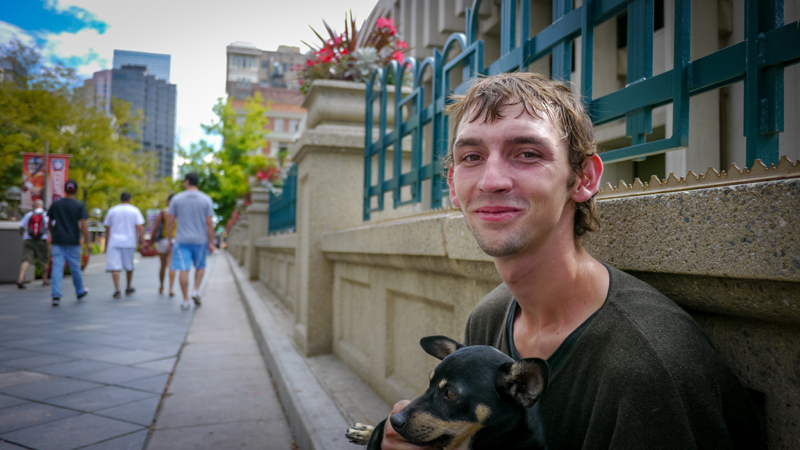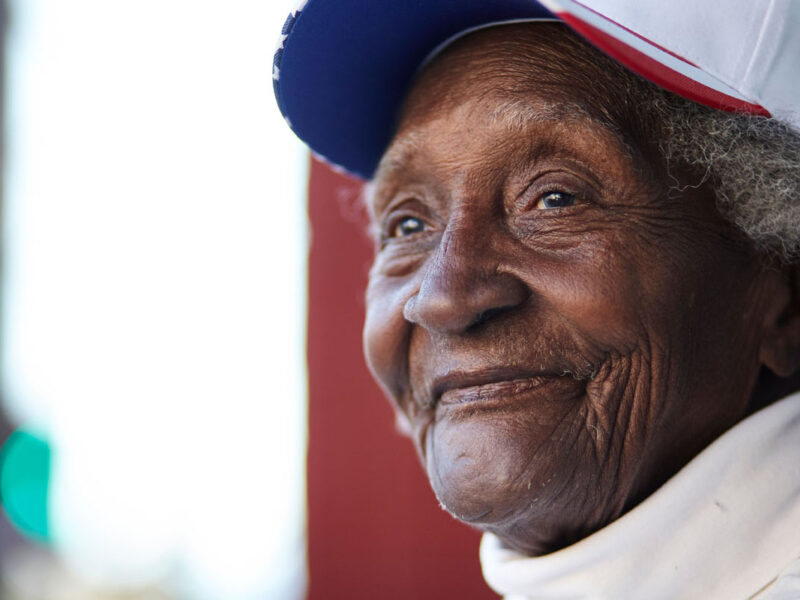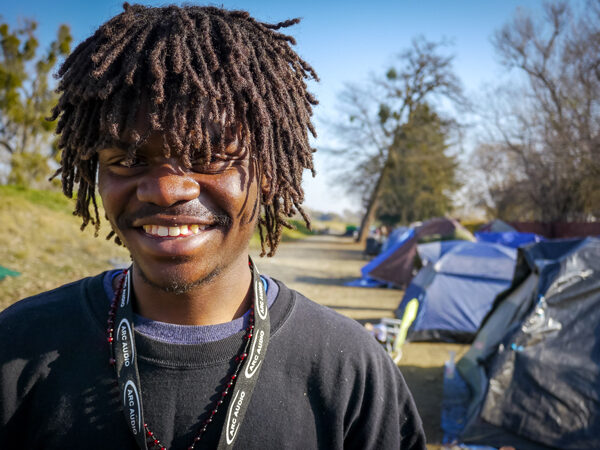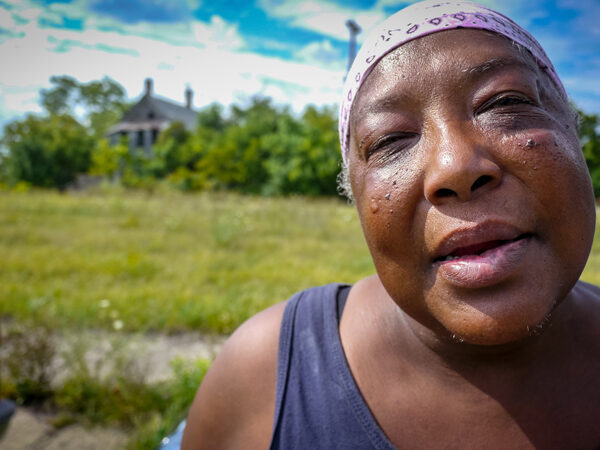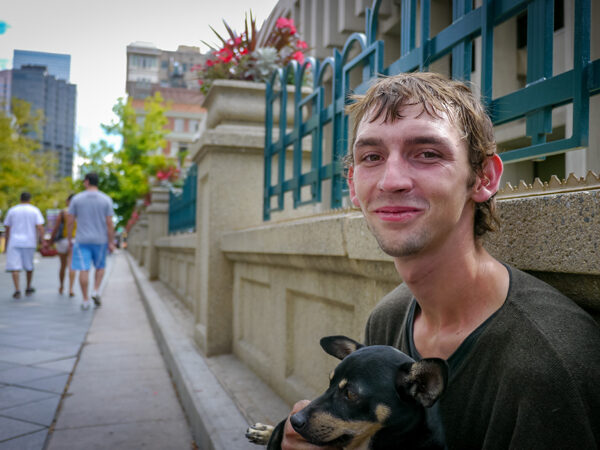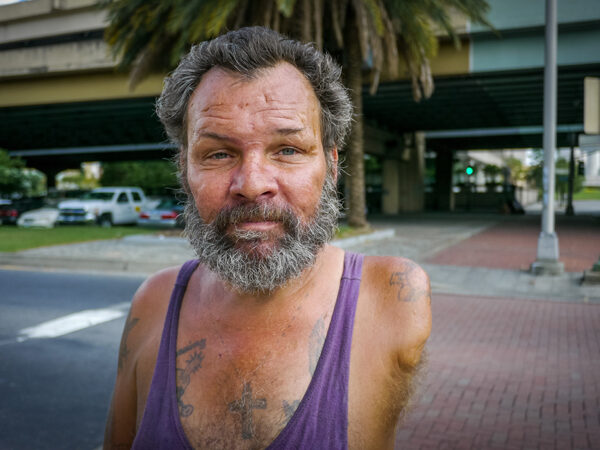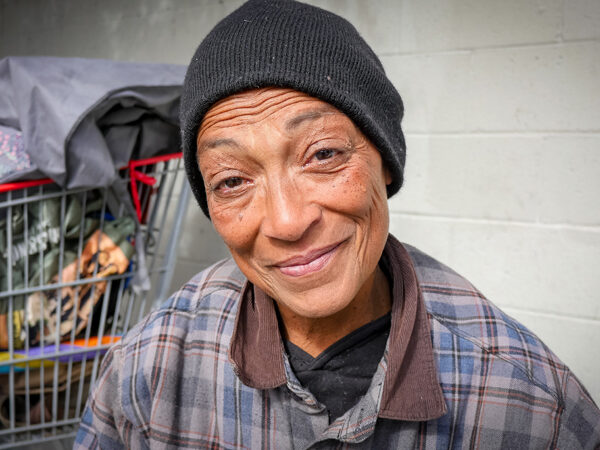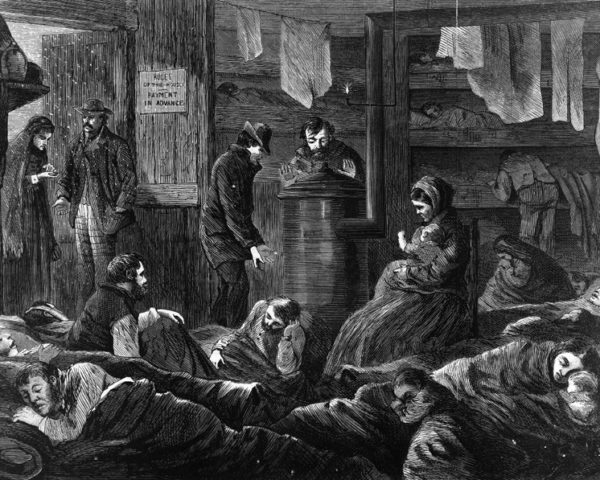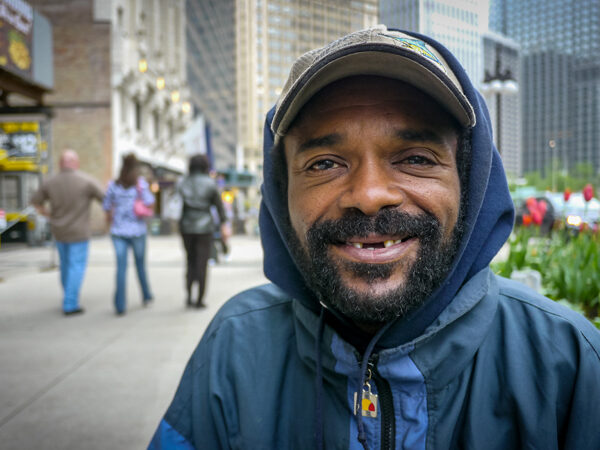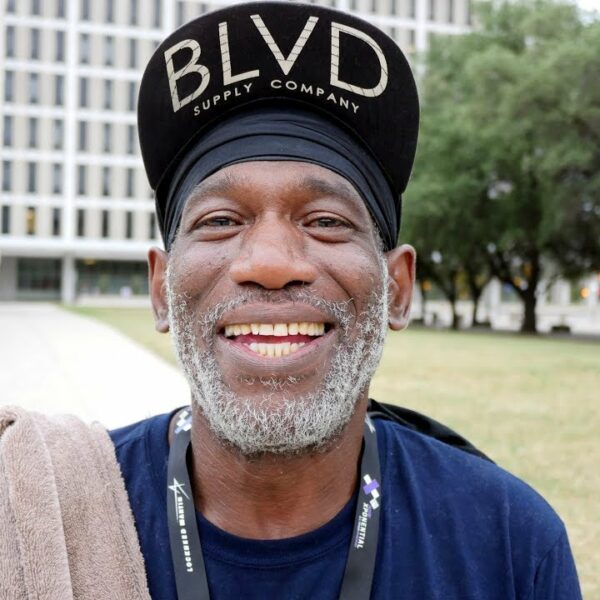What Are the Effects of Homelessness?
The ways homelessness affects people is considerable. Homelessness contributes to challenges re-gaining stability and getting to work and school, and can have a lifelong impact.
When you become homeless, you lose so much. You no longer have a place to sleep, store food, cook, and eat. There is nowhere to keep your clothes, or go to the bathroom and take a bath or shower. Giving up your pets, furniture, belongings, and mementos is likely. You may need to leave your neighbors and neighborhood and may have a harder time getting to school or work. Many homeless people have limited contact with family and friends. Homelessness leads to increased feelings of uncertainty, vulnerability, and isolation.
Homeless people experience great physical and mental stress. This can result in health challenges while homeless and exacerbate pre-existing conditions and disabilities. Being homeless can lead to increased chances of having:
- chronic pain
- skin, foot, and dental problems
- diseases and illnesses such as tuberculosis, hypertension, asthma, and diabetes
- sexually transmitted diseases including HIV and AIDS
Many homeless people do not have access to medicine or regular physical or mental health care treatment. They tend to be hospitalized more often than people with homes. Homeless people are more likely to die prematurely as a result of injuries, unintentional overdoes, and extreme weather.
Homeless adults are more likely than others to experience psychiatric disorders and mental illness and to use tobacco and other substances. People who are homeless face increased chances of being victims of crime and sexual trafficking. Experiencing physical violence, verbal abuse, sexual assault, rape and other traumatic events is also more likely.
How Homelessness Affects People in a Community
In addition to the effects on individual homeless people, homelessness also impacts taxpayers and communities. Long-term, chronic homelessness has significant societal costs including:
- emergency room visits
- police intervention
- incarceration
Government entities, non-profits and charities also fund human service programs such as homeless, health and mental health services.
Homeless people often spend time in public parks and on sidewalks or live in their cars or in tent cities because they have nowhere else to go. Many people and business owners don’t want to see homeless people in parks, sidewalks, cars, and tent cities. Communities often respond by criminalizing homelessness, which requires police responses and use of other community resources.
More on How Homelessness Affects People:
• Families and children
• Youth
• Seniors
• Veterans







